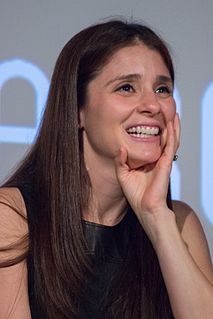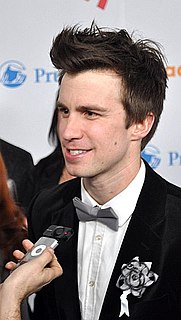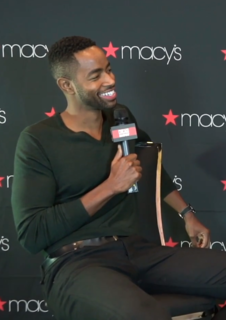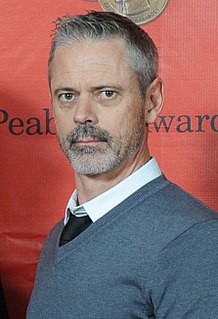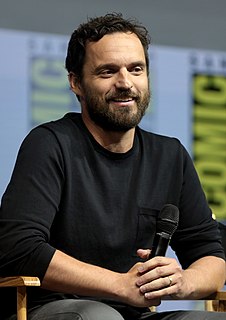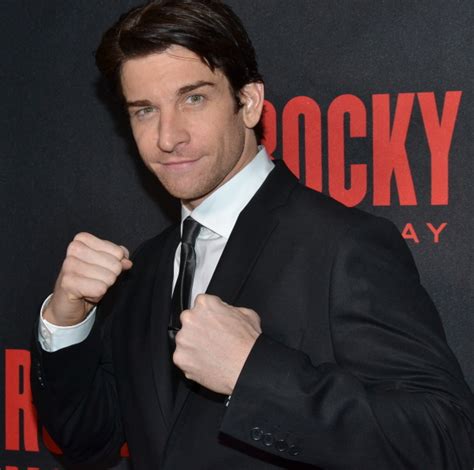A Quote by Shiri Appleby
As an actor, you don't really have a say or a voice in what the conversation of the show is going to be. So, as an actor, I'm just trying to make sense of why the character is making these choices, and somehow, in that way, you can sympathize or root, at least not detest, what this person is doing. That's, at least, my job in telling that story.
Related Quotes
To be an actor, it's really tough to find your own voice because you're always tied to other characters and going to auditions and trying to get a job, hoping they'll pick you. And I think it's just so important for an actor to have something else that's creative, something that's creative and you're in charge of.
Every director is always directing around the play. If you have an actor who really doesn't get the character well enough, you have to direct the play around that character. You have to make choices with that actor. If you have an actor that really doesn't get the role and has certain visions of the role, sometimes you have to direct around that actor.
You can try your passion for a while and see if it works and if it doesn't, at least you tried. I think that's why I quit my job and went back to acting. I said this is what I'm going to dedicate my life to doing because I didn't want to look up and say, "Man I wish I would have been an actor. I wish I would have tried."
My story about becoming an actor is a completely non-romantic one. I became an actor because my parents were actors, and it seemed like a very... I knew I was going to act all my life, but I didn't know that I was going to be a professional actor. I thought I was just going to work as an actor every now and then.
I never wanted to be an actor. My dad was an actor, and he never brought joy home, so I didn't view it as something that I would want to do. But I got fired as a secretary, and then I started studying, I started doing it just to earn money. And it took me a long time to learn to love it. And what I loved was telling a story. I tried to avoid making plays or films that weren't telling a story that I felt was important. I discovered in the process that it makes you more empathic because you have to enter someone else's reality and learn to see through many other people's eyes.
Any actor who's onstage... at least this is what I do... I'm always using 120% on whatever the heck I'm doing. I have to make an impression with all the bursts of things I do in this show... taking the picture, shutting the door, opening the door... as long as I'm making people laugh at those moments, I feel like I'm accomplishing something.
There's a difference between ad-libbing and improvising. And there's a difference between not knowing what to do and just saying something. Or making choices as an actor. As a writer also, as a person who's making a film, as a cameraman, everything is a choice. And it seems to me I don't really have to direct anyone or write down that somebody's getting drunk; all I have to do is say that there's a bottle there and put a bottle there and then they're going to get drunk.
The least Anararchic person in that conversation is the person saying 'you can't be an anarchist if you believe in god.' Because that's not an argument, it's just a statement. Why would somebody accept that? Because they either bow to your authority or they are afraid of your aggression. That's threatening to be another kind of ruler. Does that make any sense?
